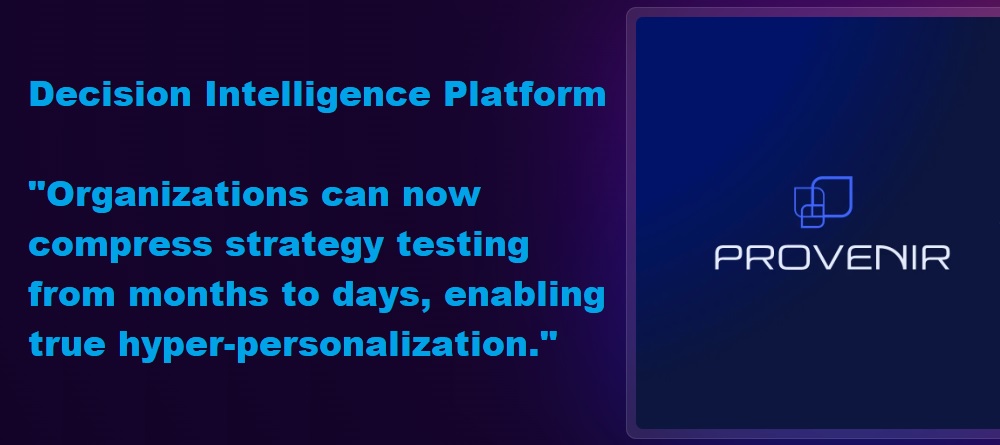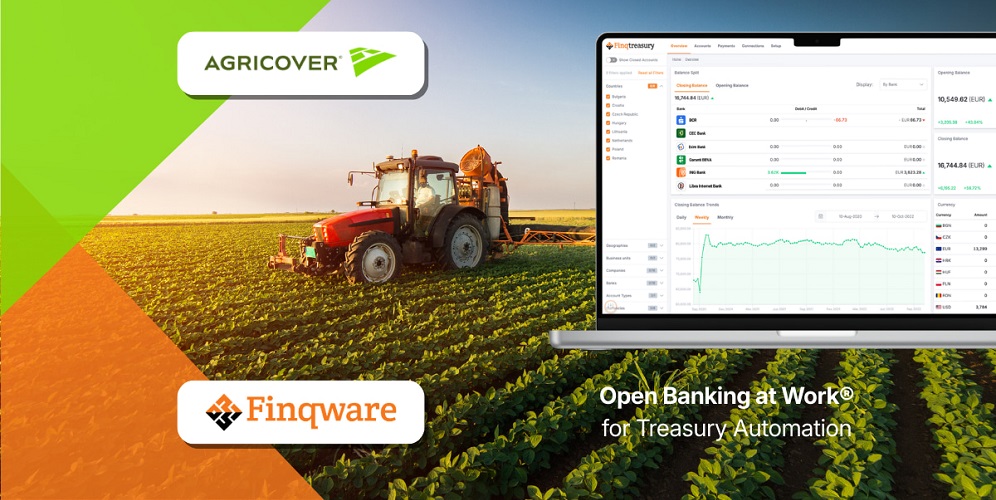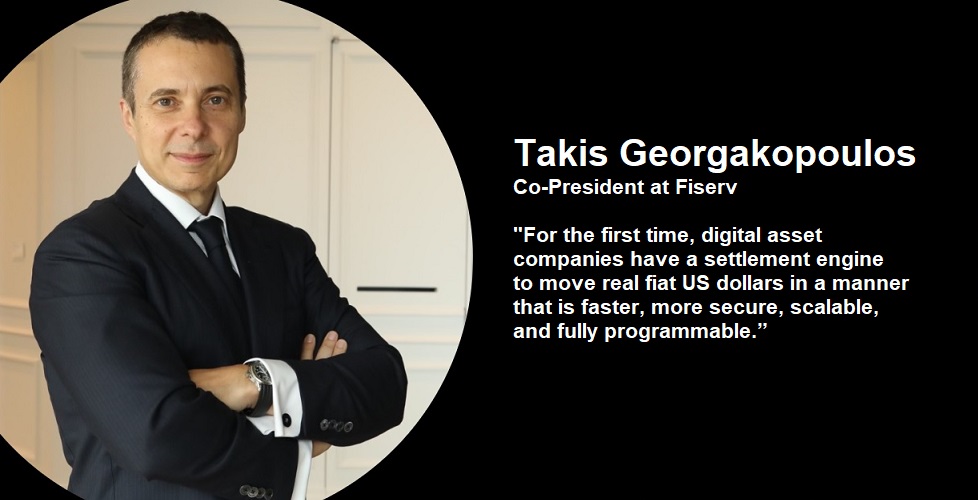UK looks to improve bill payments with ‘Request to Pay’ initiative

The UK’s New Payment System Operator (NPSO) is inviting billers to jump aboard its ‘Request to Pay’ initiative, which will give firms and their customers more control, flexibility and transparency in bill payments. Slated to launch next year, Request to Pay is expected to be a secure messaging service for payments – almost akin to email – overlaid on top of existing infrastructure.
Payment Service Providers and billers are today (Thursday 6 September 2018) being invited to register to play their part in developing ‘Request to Pay’ – a new way to improve the control, flexibility and transparency of bill payments.
The Request to Pay portal – www.requesttopay.co.uk – has been launched by the New Payment System Operator (NPSO), the UK’s leading retail payment authority, which has responsibility to develop best in class payment infrastructure and standards for the benefit of everybody.
„The NPSO is responsible for setting the standards and rules in retail payments and the Request to Pay service is an innovation which will be ready for the market to competitively launch from next year. It is expected to be a secure messaging service for payments – almost akin to email – overlaid on top of existing infrastructure.
For each ‘request’, customers will be able to pay in full, pay in part, ask for more time, communicate with the biller, or decline the payment – giving more control to the person being asked to pay. Payers can expect to have a choice of payment methods, or be able to automatically trigger a payment as part of their acceptance of a request.”, according to the press release.
Potential participants are being invited to review the draft specifications and provide feedback using an API sandbox for the ‘message repositories’ which will play a role in storing, sending and receiving messages, and the ‘end-user applications’ which will make it possible for consumers and businesses to communicate with repositories. Using API (‘application programming interface’) technology as a secure way of sharing data, the proposition is for the Request to Pay service to be underpinned by a single central directory, which will enable registration of participants and identification of the services they provide.
All potential participants’ initial feedback will be used to help inform the draft technical specifications, which are currently provided for illustrative purposes. Two further iterations of documentation are planned to be published on the portal during 2018, as the specifications are further refined. The final versions will be published in early 2019, to enable interested participants to prepare their own competitive launches from spring 2019 onwards.
Paul Horlock, CEO of the New Payment System Operator, said:
“We expect Request to Pay to support individuals with their financial decision-making, create a better channel for direct dialogue between payers and billers, and help more people and businesses avoid the cliff edges that can be created by an irregular income, or an unexpected or unpaid bill.
“By setting the standards and rules needed to make Request to Pay work, the NPSO will act as a market catalyst, encouraging developers to spot innovative new uses for Request to Pay which could benefit a wide range of sectors – from utilities to financial services, government, charities and beyond.”
The development of the Request to Pay service is one of the end user deliverables being overseen by the NPSO as part of its role in creating a New Payments Architecture (NPA).
The New Payments Architecture (NPA) is a new conceptual model for the future development of the UK’s shared retail payment infrastructure. It will be the biggest change to the way payments are processed in the UK since the 1960s, ensuring payments are safe while also encouraging competitive innovation and unlocking new business opportunities in everything from smarter uses of banking and payment data through to new transactional services.
By designing the core of the New Payments Architecture (NPA) to focus on the central task of securely and efficiently clearing and settling payments, the NPSO will clear the way for FinTechs, banks and other providers to innovate and develop competitive ‘overlay services’ which can link directly and indirectly to the clearing and settlement infrastructure.
Dariusz Mazurkiewicz – CEO at BLIK Polish Payment Standard
Banking 4.0 – „how was the experience for you”
„To be honest I think that Sinaia, your conference, is much better then Davos.”
Many more interesting quotes in the video below:










